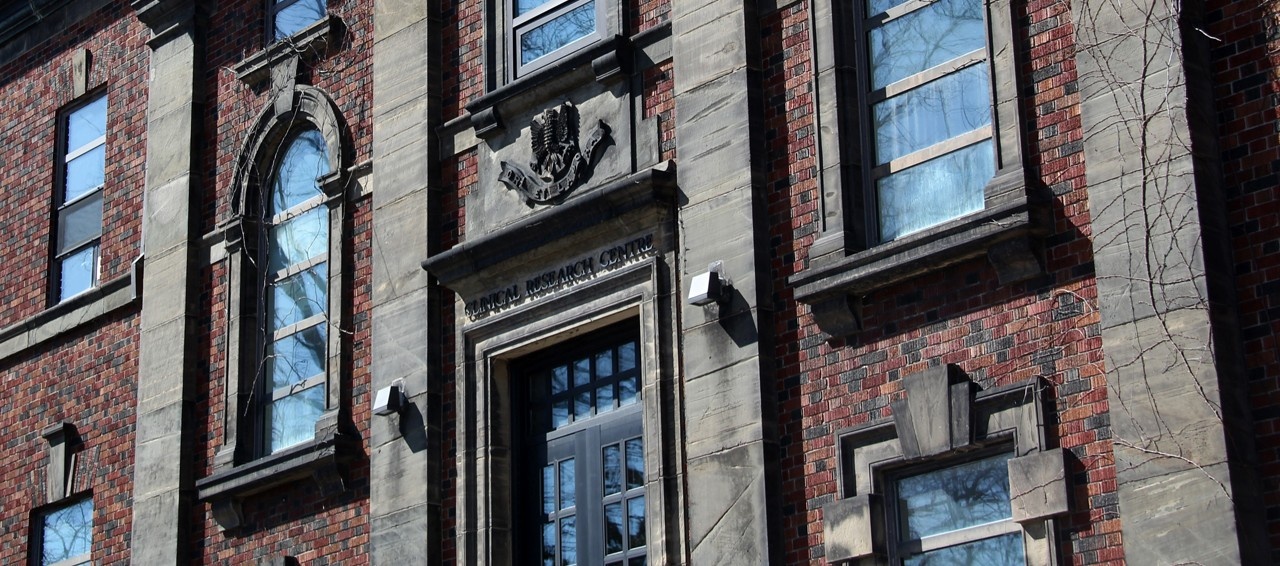Academic Standing
What is academic standing and why is it important?
Academic standing:
- determines whether you can continue your studies at Dalhousie
- affects whether or not you can graduate
- reflects your Grade Point Average (GPA) – posted on your academic record
- is first assessed after you attempt 24 credit hours for degree programs and after 16 credit hours for diploma programs.Â
Academic standing is normally assessed at the end of each term. There are three types of academic standing:
- Good Standing: If you meet the required GPA, you are considered to be in good academic standing. You need to be in good standing in order to graduate.
- Probation: This is a warning to students whose academic performance is unsatisfactory. If you are placed on academic probation, you will be dismissed from your program unless your performance improves by the end of the next term. Being placed on academic probation is serious, and you should meet with the assistant dean of your faculty, or an academic advisor to discuss how you can improve your academic performance.
- Academic Dismissal: Required withdrawal from a program due to unsatisfactory academic performance. This means you will not be allowed to register for courses, and will need to re-apply to the university after 12 months, in order to return to your academic studies.
For more specific information on the regulations surrounding academic standing, please see Sections 17-20 of the Academic Regulations in the .
Your academic standing may affect your ability to register for courses or obtain permission to take courses elsewhere. You are required to be either in good standing or on probation in order to continue to register for courses, and you must be in good standing in order to graduate from your program.
